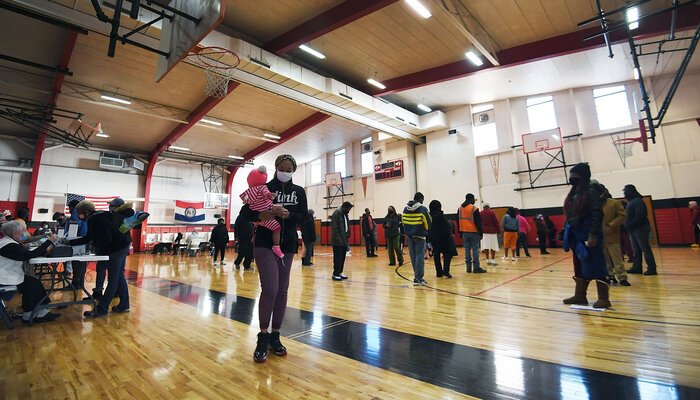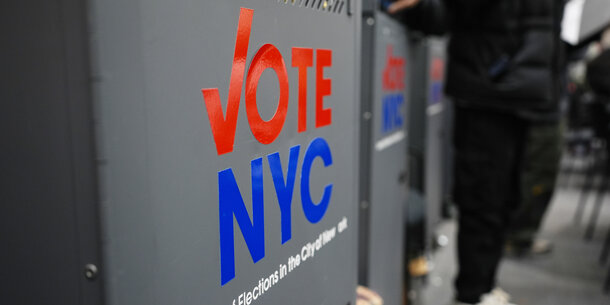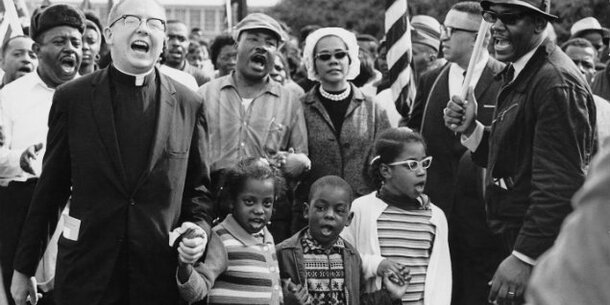The following is adapted from oral testimony given Wednesday before the Senate Judiciary Committee.
The Voting Rights Act of 1965 is one of the foundational texts of America and a critical bulwark against discrimination in our voting system. Unfortunately, in the last eight years the Supreme Court dealt two serious blows to the law, which is now simply no longer strong enough to protect Americans from increasingly aggressive voting discrimination. The John R. Lewis Voting Rights Advancement Act would strengthen it.
This bill couldn’t come at a more critical time. The scale of the current assault on voting rights is staggering. At least 19 states passed 33 laws this year making it harder to vote, according to our latest count. Many of these laws target voters of color, exacerbating persistent racial disparities in access. Turnout for nonwhite voters is now substantially lower than that for white voters — and has been for at least 25 years. Despite record voter turnout in 2020, only 58 percent of nonwhite voters participated, compared to 71 percent of white voters.
Further, we are at the start of a redistricting cycle that is already showing signs of gerrymandering targeting communities of color. And an alarming wave of efforts to sabotage elections compounds these problems.
Only Congress can solve this crisis.
I will focus on one aspect of the John Lewis Voting Rights Act: the geographic preclearance formula. The key point: it is new, updated, and laser-focused.
It is necessary because even though voting discrimination is now widespread, it is much more prevalent in some places than others. According to our count, there were over 120 voting rights violations over the past 25 years in the 7 states likely to be covered under this bill, and fewer than 50 in the 39 states that are not close to coverage. Without preclearance, discrimination has been impossible to root out in those places.
States have piled voting restriction upon voting restriction, passing new ones as soon as old ones are struck down, in what amounts to legal whack-a-mole. For instance, the new Georgia and Texas vote suppression laws, the worst in the country, come after years of earlier voting hurdles in those states.
States routinely devise devious new ways to discriminate in voting — what President Lyndon Johnson called “ingenious discrimination” when first enacting the Voting Rights Act.
The geographic coverage formula has been updated, and tailored with precision to meet current conditions, following the Supreme Court’s guidance. To ensure the formula targets illegal discrimination, it relies on the best evidence — established violations of voting discrimination laws. To ensure the formula targets states with a persistent pattern of discrimination, it captures only states that meet a high numeric threshold of violations over the past 25 years.
This 25-year review period is critical, ensuring enough time to identify where discrimination is persistent. To ensure it targets places where discrimination is current, the review period is not frozen in time, but rolls forward.
The duration of preclearance coverage is limited to 10 years, so places without recent violations automatically drop out, and they can also easily bail out before then.
Of course, stronger tools are needed to address discrimination in other places too. That’s why it’s important that the bill strengthens Section 2 of the Voting Rights Act and expands other national protections too.
As Justice Elena Kagan observed in her recent dissent in the recent case Brnovich v. Democratic National Committee, this is “a perilous moment for the Nation’s commitment to equal citizenship,” an “era of voting-rights retrenchment.”
Safeguarding our democracy and protecting voting rights is one of the most sacred responsibilities this body has. The House has passed this bill. It’s now up to the Senate to act — without delay — to pass both the John Lewis Voting Rights Act and the Freedom to Vote Act.
The submitted written testimony is here.



